|
The Sidama people of Ethiopia have, for the first time, been given the opportunity to vote in a referendum on whether they should have an autonomous state. There are fears that the result could inspire other groups to push for autonomy, redrawing boundaries in Africa’s second most populous country. Yohannes Gedamu warns that this is likely to pose more trouble for the stability of Ethiopia.
Shortly after Bolivian president Evo Morales resigned, the interim president, Jeanine Añez, was sworn in on the Bible, declaring that “Power is God”. The religious gesture was a radical departure in the country. Morales was the country’s first indigenous president and worked hard to separate church and state. For her part, Añez has ties to conservative Christian groups. Matthew Peter Casey explains.
|
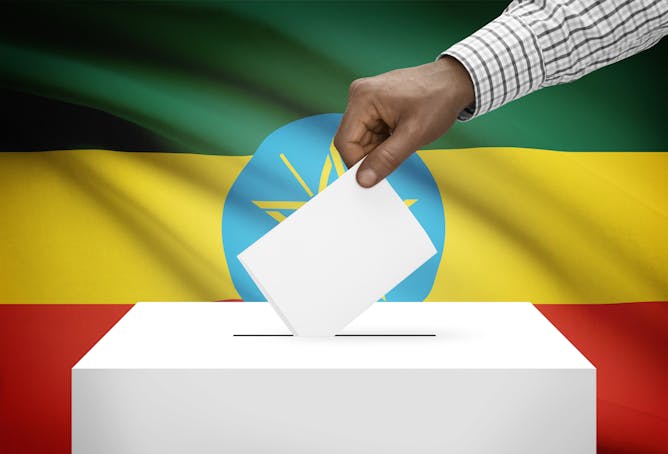
The Sidama referendum result is just the beginning of what is expected to be a long process to self-determination.
Shutterstock
Yohannes Gedamu, Georgia Gwinnett College
In practical terms. Sidama's successful push has created more groups that aspire to homogenise the demography of their regions.
|
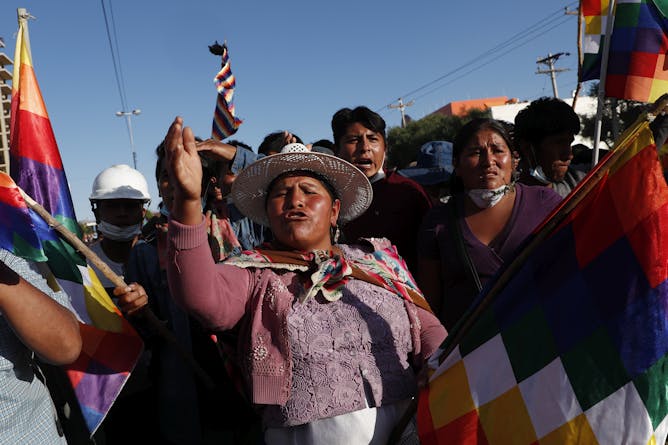
Supporters of former Bolivian president Evo Morales rally with indigenous flags outside the city of Cochabamba, Bolivia, Nov. 18, 2019.
AP Photo/Juan Karita
Matthew Peter Casey, Arizona State University
Indigenous people, symbols and religious practices filled the halls of power in Bolivia during Evo Morales' 14-year tenure. Now a new conservative Christian leader seems to be erasing that legacy.
|
Politics + Society
|
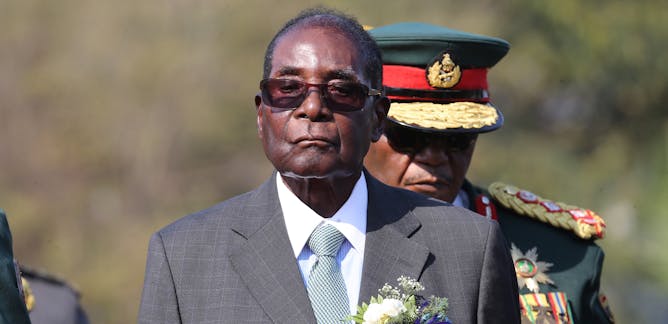
Blessing-Miles Tendi, University of Oxford
When the military intervened against Robert Mugabe in Zimbabwe in 2017, it wasn't widely called a military coup. New research shows that's exactly what it was.
| |
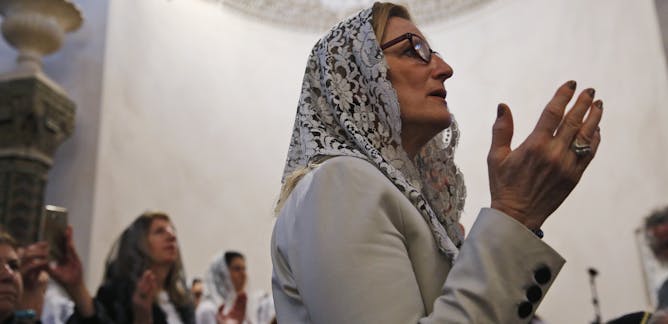
Ramazan Kılınç, University of Nebraska Omaha
The percentage of Christians in Turkey declined from nearly 25% in 1914 to less than 0.5% today. Their future looks even more uncertain in today's political climate.
|
|
|
Health + Medicine
|
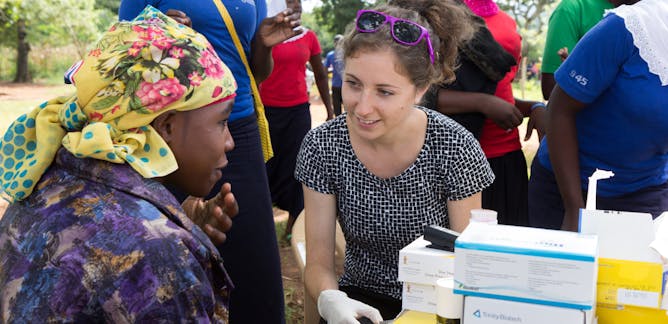
Madhukar Pai, McGill University
Global health researchers, funders and journals are not walking the talk on equity, diversity and inclusion.
| |

Kevin Mitchell, Trinity College Dublin; Uta Frith, UCL
The evolution of reading clearly demonstrates that nature and nurture are intimately linked.
|
|
|